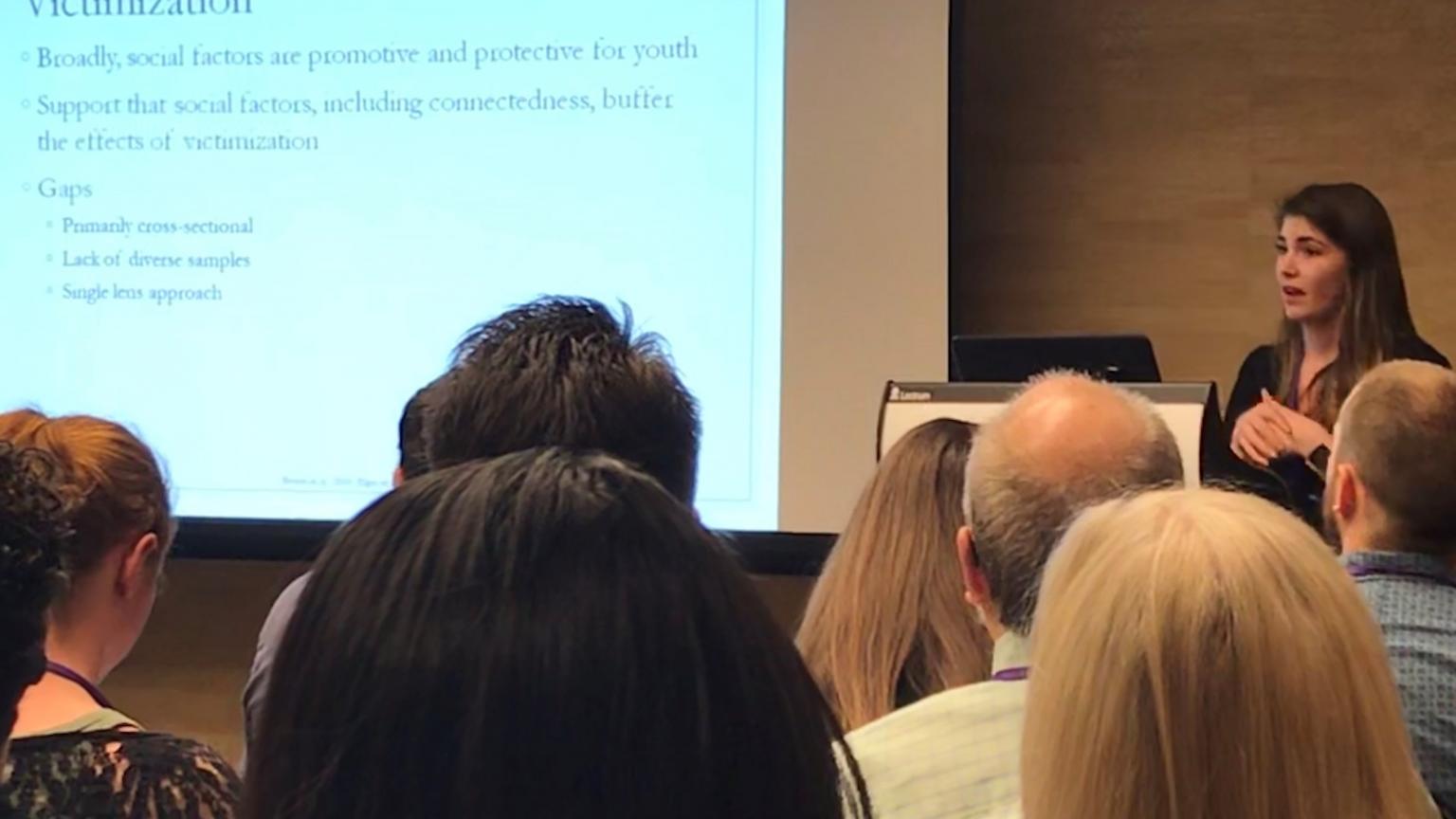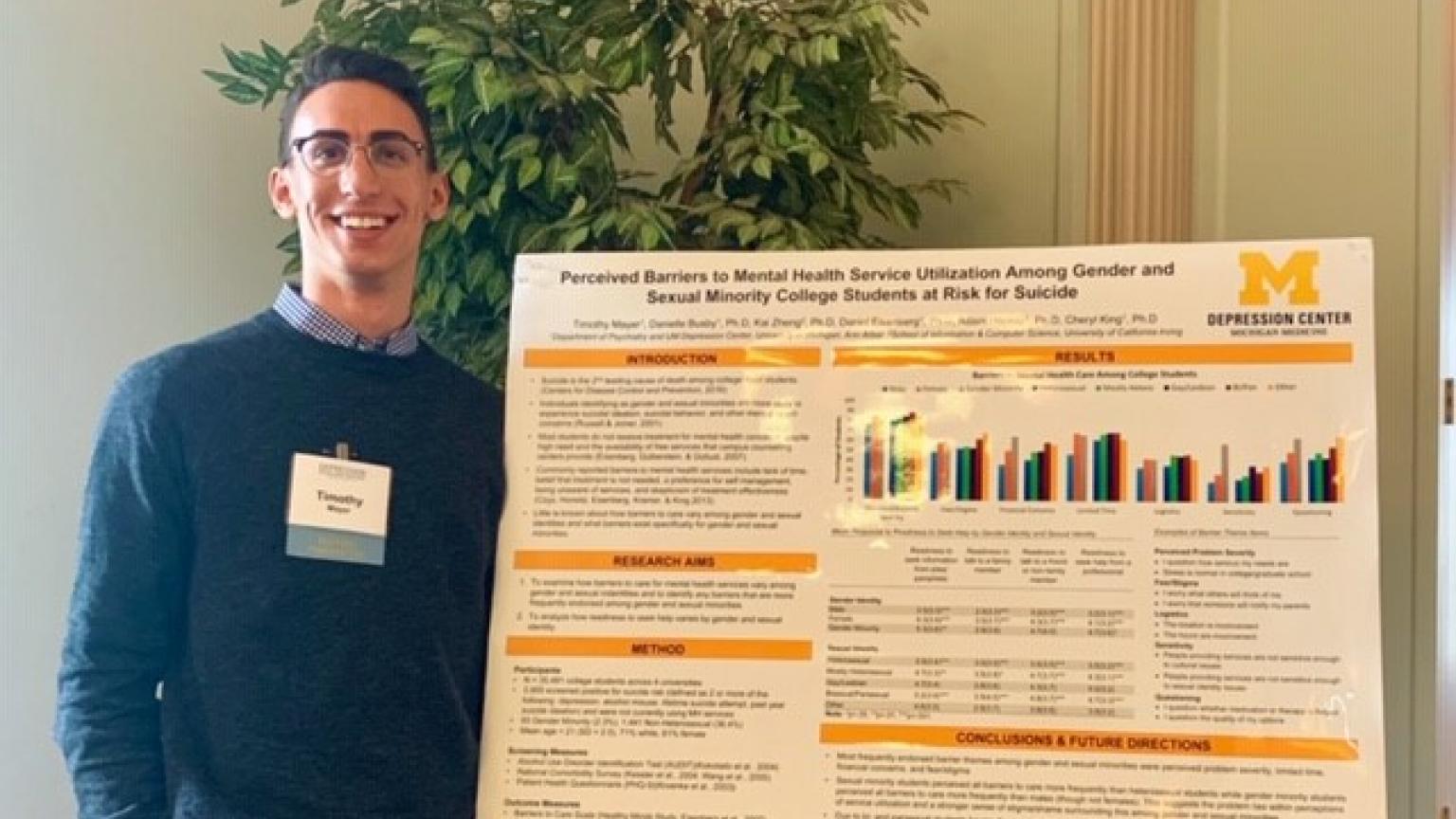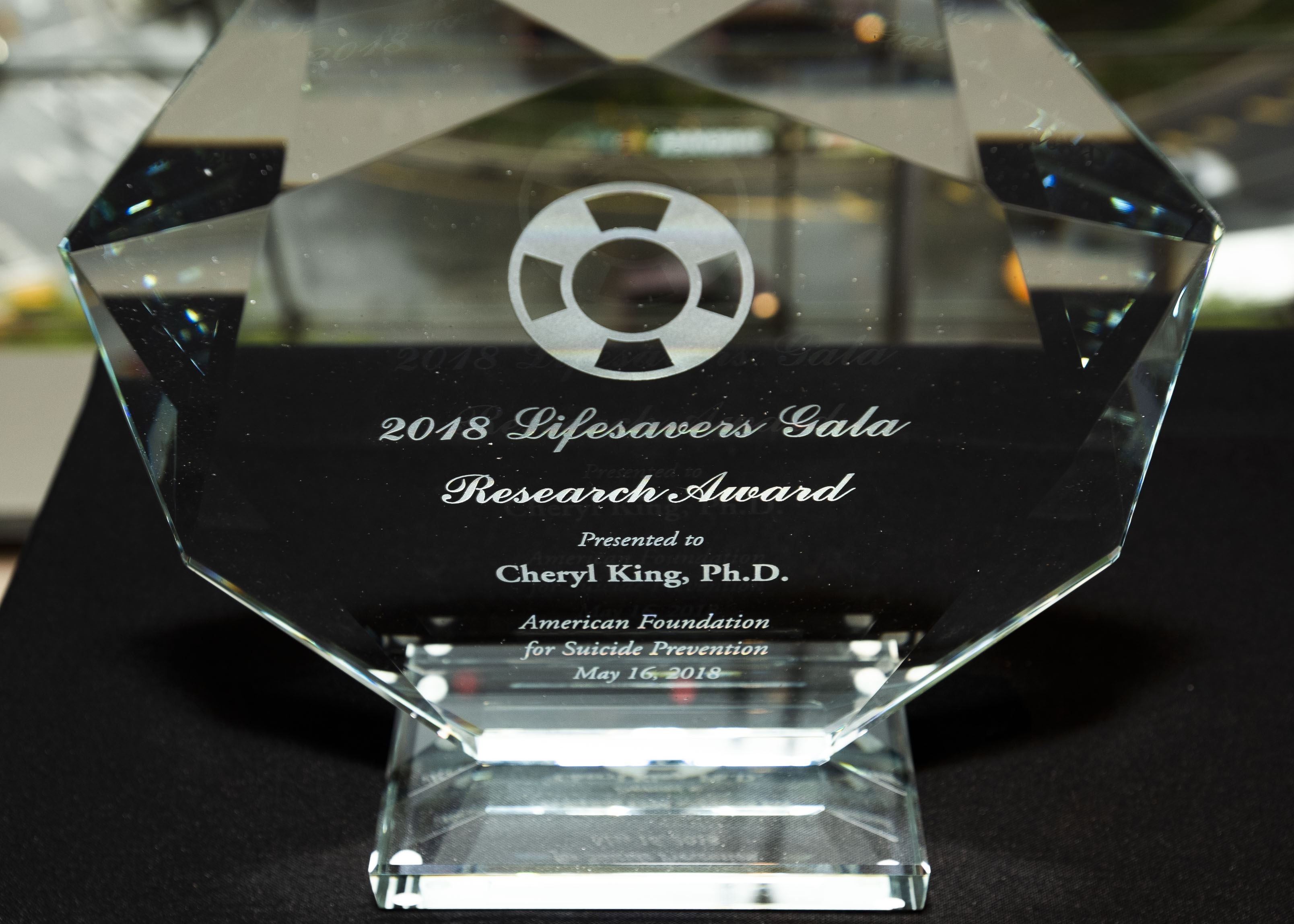An electronic version of YST is being piloted at University of Michigan. This initiative is being led by Dr. Arango and in collaboration with Wei Therapeutics.
The Youth-Nominated Support Team (YST) program is a 3-month program that pairs adolescents, who are being discharged from a healthcare facility after a suicide attempt, with adults (known as support adults) whom the patient selects to become their support network. YST decreases suicide risk by training the support adults to encourage youth to adhere to treatment and make positive behavioral choices. While effective, YST is not readily scalable as it requires significant time commitment from mental health professionals and necessitates engagement and coordination from multiple personnel. The objective of the eYST pilot project is to streamline YST’s operational processes by digitizing components of the YST program with the goal of reducing administrative burden and improving scalability. Thus, this pilot study has two primary aims: 1) develop eYST, a platform to support more efficient implementation of YST; and 2) test the feasibility and acceptability of eYST in a single-group, open-label trial.
Recent Grants
Jane Harness, D.O.: American Foundation for Suicide Prevention (AFSP) Grant Award (YIG-0-062-21)
Title: Development and preliminary testing of a "Papageno"-story interview intervention
Major Goals: The primary goals of this project are to create “Papageno” story video interviews of individuals who engaged in preparatory behaviors toward a suicide attempt but did not attempt suicide, and to conduct a pilot study of the impact of these video interviews on viewers’ self-reported reasons for living and hopelessness.
Starting Date: 10/2022
Adam Horwitz, Ph.D.: NIMH K23 Award (1K23 MH131761)
Title: Low-burden Adaptive Mobile Interventions for Mood and Suicide Risk
Major Goals: The goal of this career development award is to provide specialized training and mentorship for the candidate to develop the skills necessary to become an independent intervention researcher capable of translating the growing advancements of mobile/sensor based data into low-burden, accessible, adaptive interventions that can be used to help reduce the societal impact of depression and suicide.
Starting Date: 09/07/2022
Cheryl King, Ph.D., NIMH R01 Grant, Multi-PI with Michael Lindsey & Pamela Morris (NYU)
(R01 MH129786)
Title: Answering the Alarm: A System of Care for Black Youth at Risk for Suicide
Major Goals: The overall project goal is to increase risk identification, treatment referral and engagement, and, in turn, reduce suicidal ideation and behavior among Black youth.
Starting Date: 07/28/2022
Ewz Czyz, Ph.D.: NIMH R01 Grant Award (R01 MH126871)
Title: Adaptive intervention to prevent adolescent suicidal behavior following
psychiatric hospitalization: A Sequential Multiple Assignment Randomized Trial
Major Goals: (1) Compare the adaptive interventions (AIs) that begin with MI-SP alone or MI-SP plus Texts on suicidal behavior 3 months post discharge, time-to-suicidal behavior and severity of suicidal ideation over 6 months; and (2) Determine the optimal sequence of intervention components.
Starting Date: 09/2021
Courtney Bagge, Ph.D.: NIMH R01 Grant Award (MH133587)
Alejandra Arango, Ph.D.: Site PI/Subcontract: NIMH SBIR Award
The Youth-Nominated Support Team (YST) program is a 3-month program that pairs adolescents, who are being discharged from a healthcare facility after a suicide attempt, with adults (known as support adults) whom the patient selects to become their support network. The YST intervenes with these adults, providing them with education, resources, and support to facilitate the youth’s positive behavioral choices, treatment adherence, and healthy outcomes. Dr. Arango is leading implementation of an eYST pilot project, which has two primary aims: 1) develop eYST, a platform to support more efficient implementation of YST; and 2) test the feasibility and acceptability of eYST in a single-group, open-label trial. eYST is designed is to streamline YST’s operational processes by digitizing components of the YST program with the goal of reducing administrative burden and improving scalability.





























